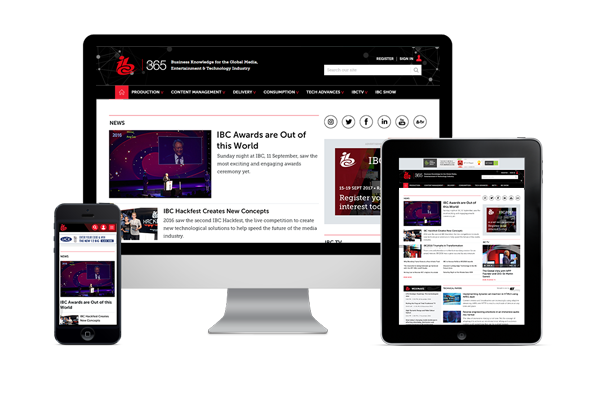News: Keeping it real

The rise of unreliable information on the internet has raised issues of trust and distrust for the media throughout the developed world - and is a subject that will be examined in detail at IBC2018 in Amsterdam.
Technology has always been a friend and ally of television news and broadcasting in general.
It has enabled the latest news in pictures and sound to be gathered from virtually everywhere on earth and circle the globe in seconds.
Yet for the first time technology has become something of a double-edged sword. Thanks to the endless growth of the social media giants the instant distribution applies not just to news but fake news, or as it should more precisely be called, misinformation or disinformation often used for deliberate political manipulation.
The concept of fake news may have become devalued by politicians who use the term to describe anything they dislike, but the problem whatever you call it, is real enough.
The rise of unreliable information on the internet, and its probable use in both the election of President Trump and the Brexit vote in the UK referendum on the EU, has raised issues of trust and distrust for the media throughout the developed world.
Some have even argued that the threat is so great that democracy and the functioning of society itself are in danger of being undermined.
Issues of trust, technology and how to protect the real news will be examined in detail at IBC2018 in Amsterdam with the help of three distinguished news business professionals.
They are Deborah Turness, President of NBC Universal Media who also oversees content for Euronews NBC, Mohamed Abuagla, Chief Information and Technology Officer of Al Jazeera, the Arab world broadcaster, and Lisa Tobin, Executive Producer for the audio output of the New York Times.
They will be…
Read the full article

Sign up to IBC365 for free
Sign up for FREE access to the latest industry trends, videos, thought leadership articles, executive interviews, behind the scenes exclusives and more!
Already have a login? SIGN IN




















